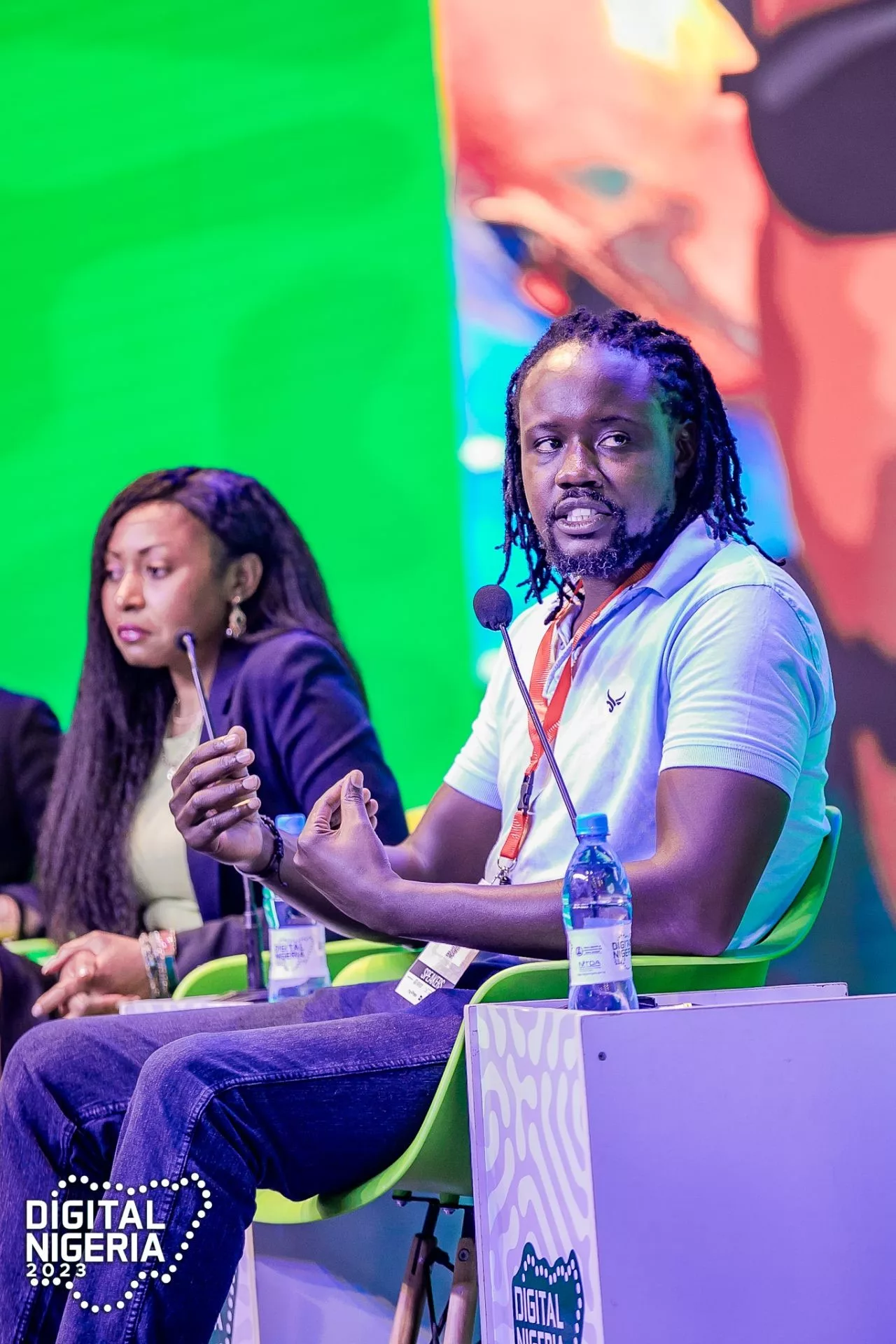|
Getting your Trinity Audio player ready...
|
Facilitating international trade, fighting cybercrime, and monetizing data are among the sectors blockchain can revolutionize. At the Digital Nigeria International Conference 2023, a panel that included Shanghai Keyi Tech’s Lise Li talked about how Africa can leverage the technology to spur its development.
“The first sector blockchain can impact is international trade,” Li told the audience. “People are becoming more focused on the quality of the product…using blockchain, we could connect all the data from all the participants in the ecosystem.”

Blockchain could revolutionize payments, added Li, the head of the BSV Blockchain Hub in China and APAC. Citing China’s success with digital payments, Li believes that blockchain could underpin payments in Africa, providing a cheap, instant, and secure settlement layer.
In Nigeria, the government has been promoting the eNaira, Africa’s first CBDC. Despite Nigeria being the continental leader in digital payments and digital asset adoption, the eNaira has failed to take off. In his presentation, Centbee CEO Lorien Gamaroff pointed out that tokenizing the eNaira on a massively scaling blockchain like BSV could be the key to the CBDC’s success.
African businesses can save significant amounts by using blockchain for payments, added Dr. Eva Porras. The founder of Blockchain Smart Technologies believes that the current payment channels, including card processors and banks, exploit small businesses.
“Nowadays, shop owners must pay between 3% and 12% to a credit card company to accept payments. With BSV, you’d pay cents of a dollar. This difference in wealth will come back to the country,” she added.
Blockchain in entertainment, agriculture
Africa’s entertainment industry has blown up over the past decade, with African artists gracing major events, including the World Cup, the Olympics, and the Grammys. These artists are now headlining sold-out shows in stadiums with over 80,000 fans and winning hundreds of accolades.
But just like their counterparts everywhere else, African talent continues to be exploited by the intermediaries. They make billions of dollars for record labels, social media platforms, and streaming sites and end up with scraps.
Blockchain can end this exploitation and give the creators their rightful reward, Bitlipa CEO Apollo Eric told the attendees.

“Blockchain is the only technology that can disintermediate. There are too many intermediaries from the moment the content is created to the time it reaches the consumers,” stated Apollo.
“If I’m producing music, I need to be able to give it directly to the people who follow me.”
Nigeria is Africa’s largest oil producer and ranks in the top 20 globally. However, like in most African countries, agriculture remains its most important economic sector, employing 36% of its workforce. Does blockchain have a role in this critical sector?
Porras pointed out that blockchain can underpin agricultural data, which can then be used to make important policy decisions. Data on the blockchain is immutable and transparent, ensuring uniformity in decision-making across the board.
Blockchain can also be combined with other emerging technologies to transform farming practices, noted Michelle Chivunga of the Global Policy House, an organization that assists governments with policy-making and implementation. For instance, farmers can combine blockchain with AI for predictive analysis to guide their decisions on timing.

Once the farmers harvest the crops, consumers can rely on blockchain to track the produce from the farm to the plate, added Li. In an era where consumers are concerned about sustainability and organic produce, blockchain’s immutable data ledger can prove the provenance and supply chain journey of any produce.
As a bonus, by proving that they have cared for their crops in a particular way (such as free of pesticides), the farmers can sell their produce at a higher price.
Watch: Micropayments are a big deal in Africa

 02-25-2026
02-25-2026 




